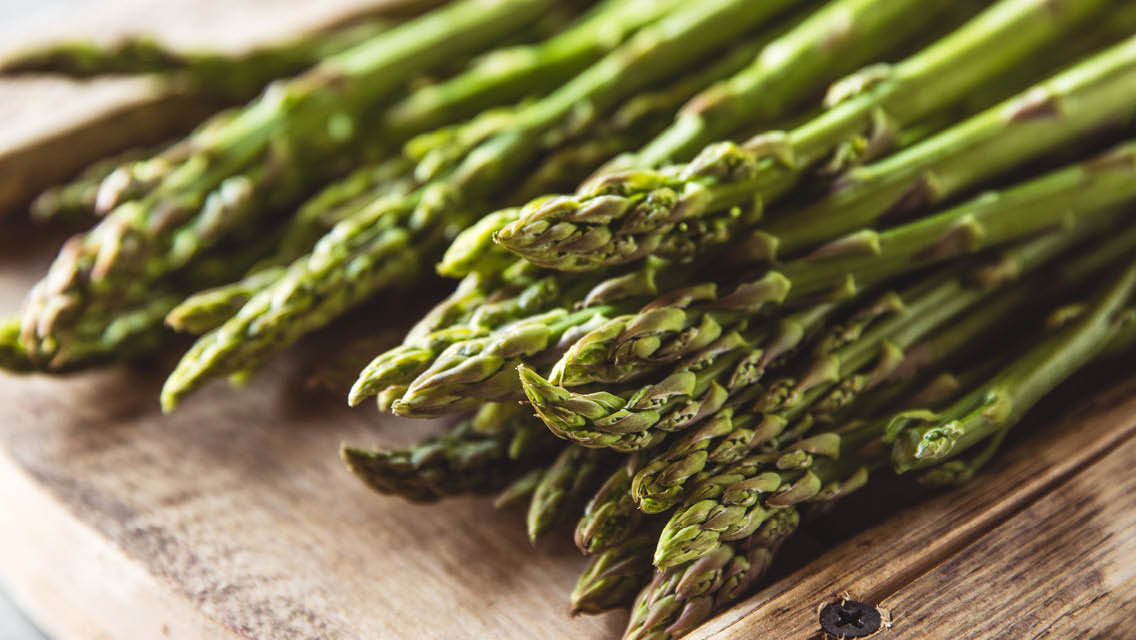For over thirty years, Oceana County, Michigan, has proudly held the title of the “Asparagus Capital of the World.” This small, agricultural community thrives on its connection to the land, particularly its dedication to growing asparagus. However, as documented in a compelling film, the region’s residents and family farms have found themselves in an uphill battle to protect their cherished crop from a range of modern challenges—from the U.S. War on Drugs to the impact of free trade agreements and the rise of fast food culture.
Oceana County’s asparagus industry has faced external threats that go beyond the usual challenges of farming. One of the key issues explored in the film is how free trade agreements, such as NAFTA, opened the door to cheaper imports from countries like Peru, undercutting local farmers. These international trade deals meant that the cost of growing and selling asparagus in the U.S. became significantly higher than importing it from abroad.
The U.S. War on Drugs added another layer of complexity. As U.S. policy focused on reducing cocaine production in South America, farmers in countries like Peru were encouraged to switch from growing coca to producing alternative crops like asparagus. While this shift helped fight the drug trade, it created direct competition for U.S. asparagus growers, whose higher costs and labor standards made it difficult to compete with the influx of cheap imports.
The residents of Oceana County, many of whom have cultivated asparagus for generations, are at the heart of this fight. The film documents the personal stories of these farmers and their determination to preserve their way of life. With the rise of fast food chains and shifting consumer habits, the demand for fresh produce like asparagus has been overshadowed by cheaper, processed alternatives. This shift has left many local farmers scrambling to stay afloat.
Despite the economic challenges and shifting market forces, the film highlights the resilience of Oceana County’s farming community. By banding together, promoting local asparagus, and finding innovative ways to market their produce, they continue to fight for their livelihoods and the survival of their beloved crop.
Oceana County’s battle is more than just a fight to save asparagus; it’s a testament to the importance of supporting local agriculture, understanding the impact of trade policies, and recognizing the cultural significance of farming communities.

